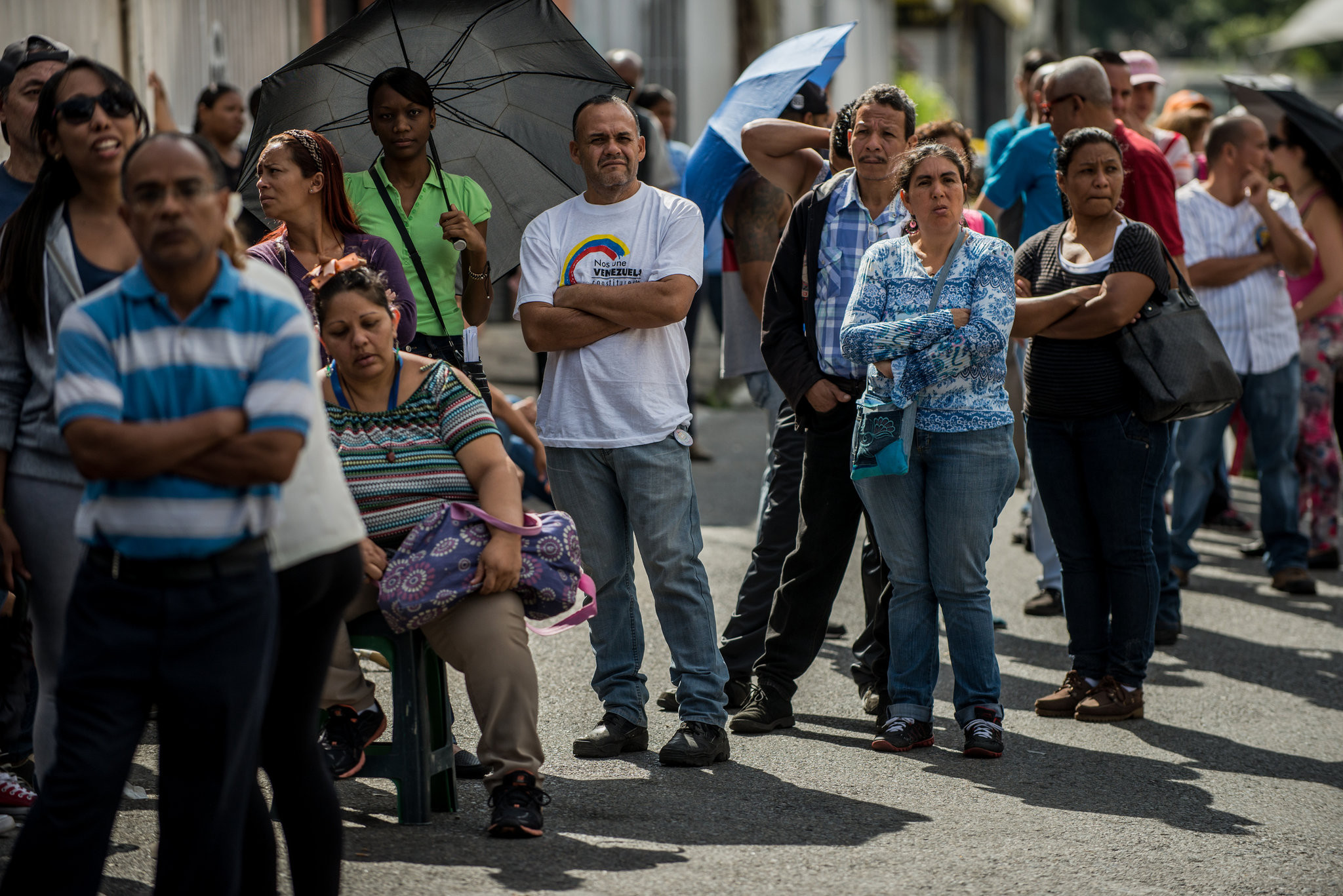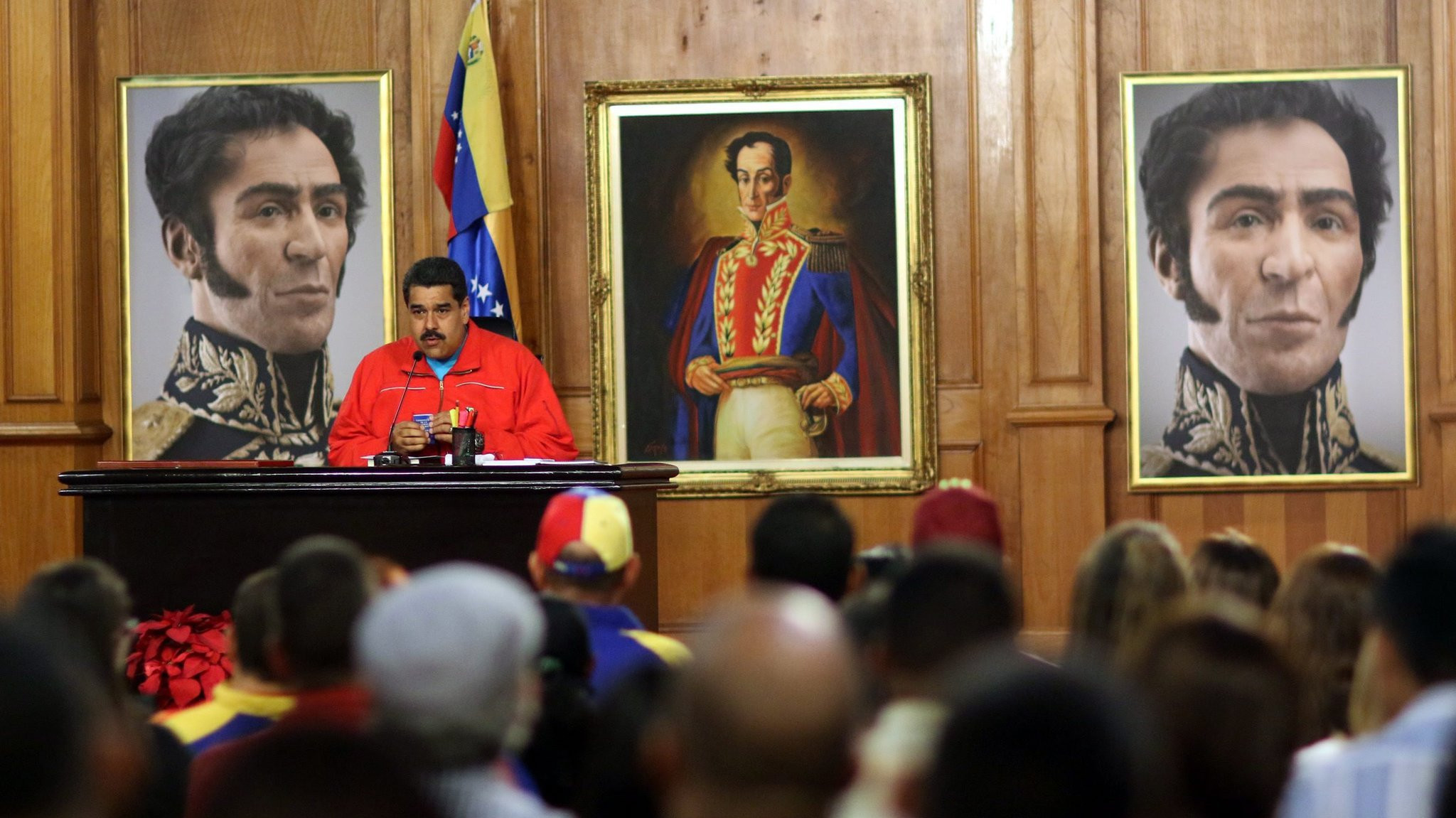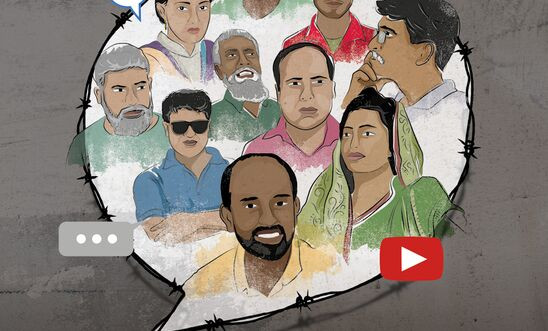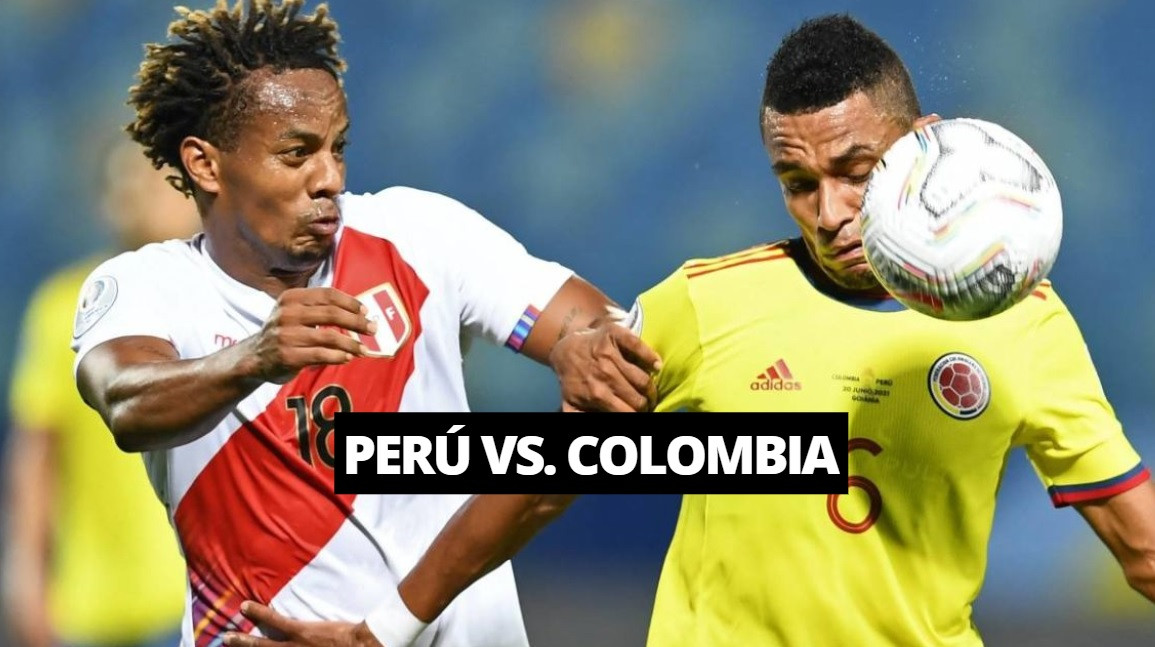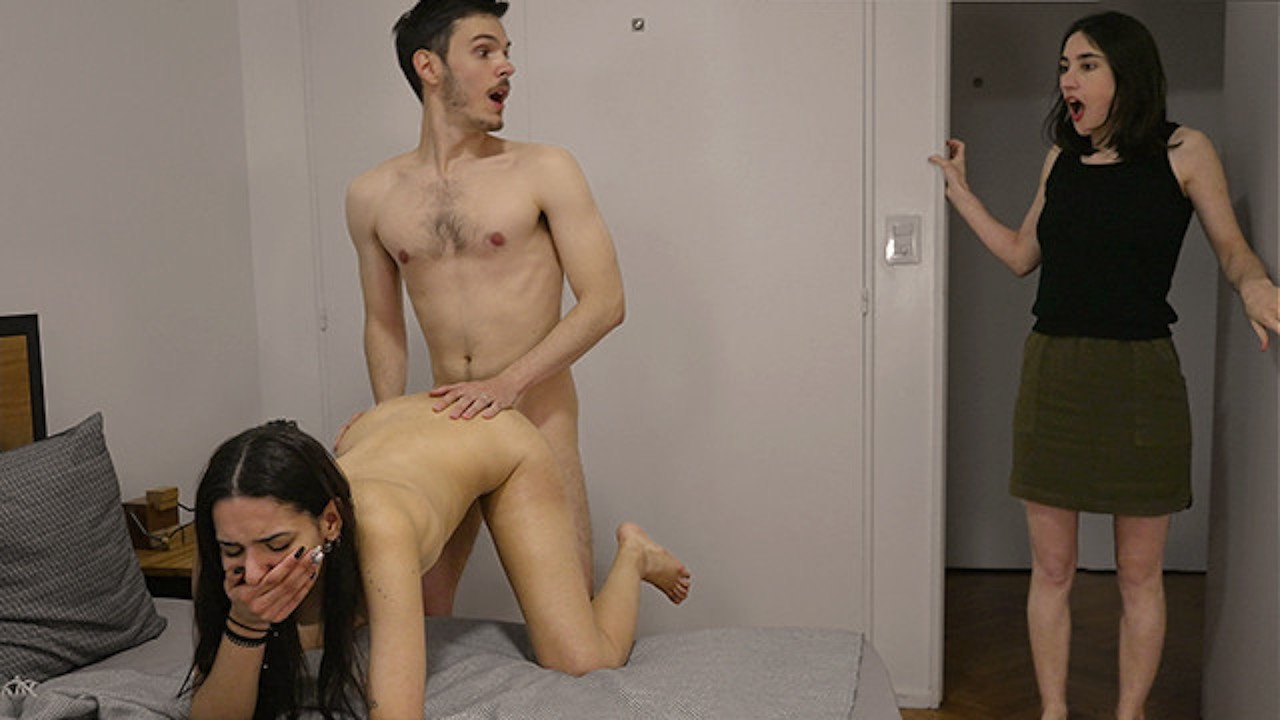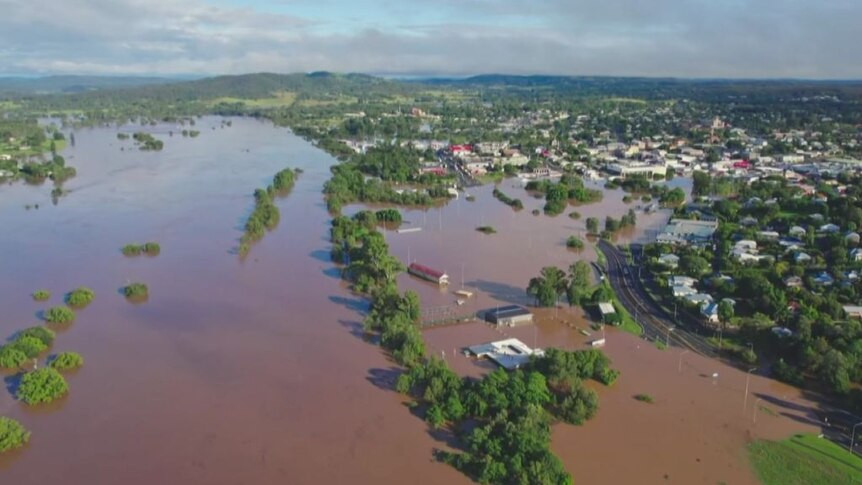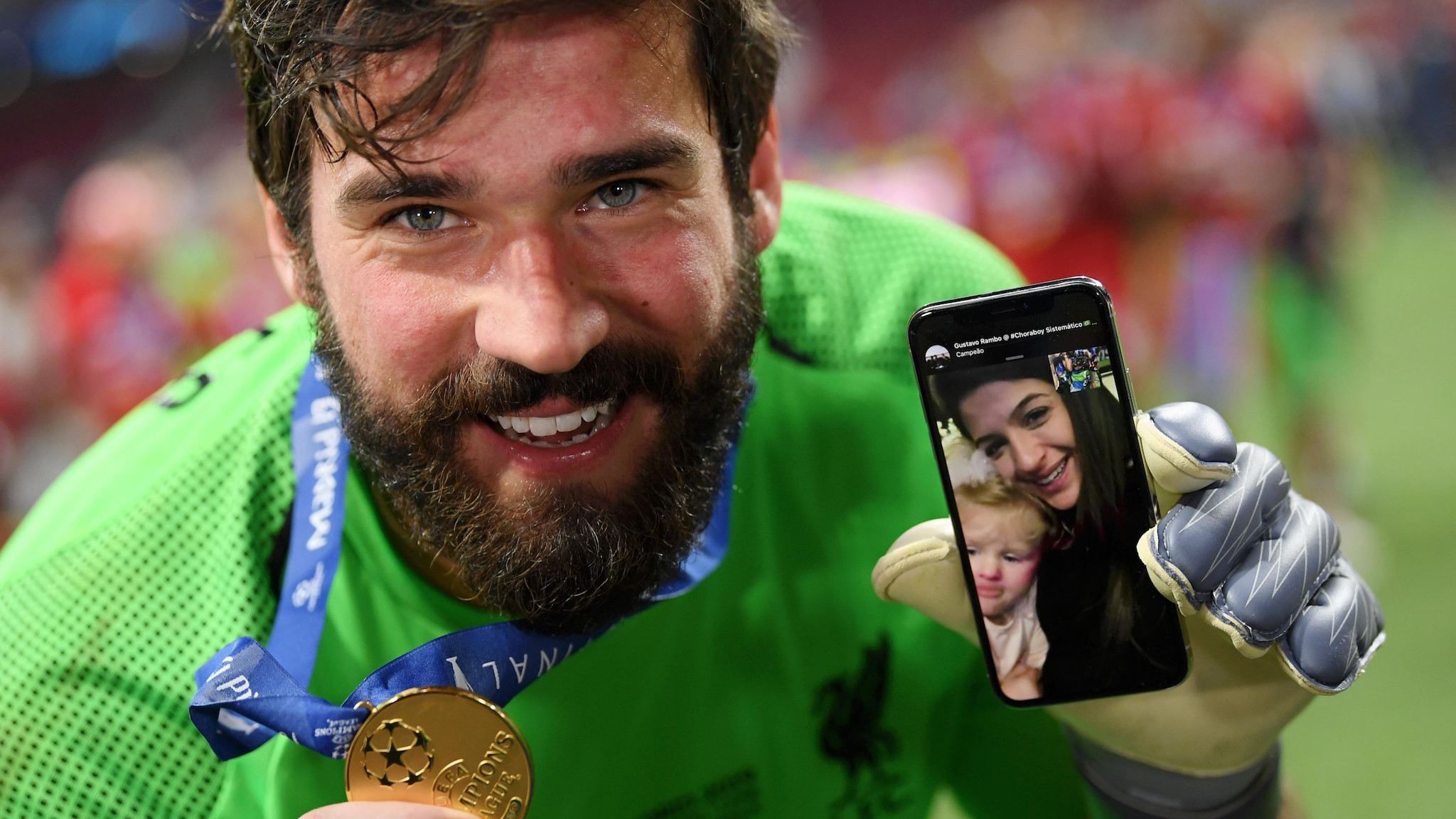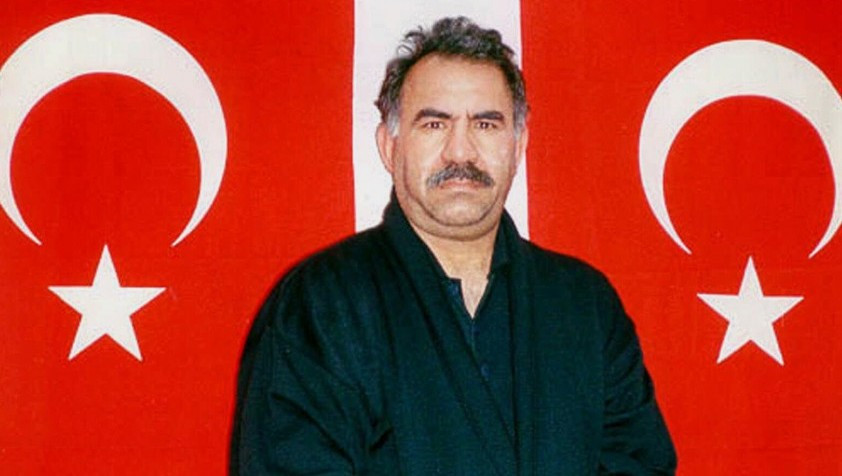Venezuela's Media Under Siege: A Post-Election Crackdown on Freedom of the Press
Reporters Without Borders (RSF) condemns the Venezuelan government’s crackdown on the media since the start of the campaign for the disputed presidential election held in July, in which at least nine journalists have been arrested in various parts of the country in connection with their reporting, and eight are still held on trumped-up charges and in worrying conditions. The eight journalists facing between 12 and 20 years in prison on charges of “terrorism,” “inciting hatred“ and “criminal association” are Luis López, Yuosnel Alvarado, Paúl León, Deysi Peña, José Gregorio Camero, Eleángel Navas, Gilberto Reina and Ana Carolina Guaita.
“We strongly condemn the arrests of these journalists and demand their release. Their detention for doing their job sends a chilling message to all those who defend the right to information in the current serious political crisis in Venezuela. By repeatedly and routinely charging media professionals with terrorism or inciting hatred, President Nicolás Maduro’s government shows that it is seeking to censor the media in complete violation of fundamental democratic principles.
The detained journalists cannot choose who defends them. They have to accept court-appointed lawyers. It is still not known where some are being held. The families and colleagues of two of the journalists, Paúl León and Eleángel Navas, think they have been transferred to high-security prisons, but they have not been given any confirmation of this. The fate of three of the journalists is particularly worrying because they have serious health problems. Luis López suffers from hypertension, Gilberto Reina has heart problems, and José Gregorio Cameras has acute coronary syndrome and an occlusive coronary lesion.
A Post-Election Crackdown
Maduro has been after the press for years, but after the July 28 elections, efforts to silence the press reached unprecedented levels. “Today I heard on the radio: ‘Our programming today will be 100% music, because music is a refuge, a safe place,’” economist Omar Zambrano tweeted a few days after the July 28th elections. In fact, for almost two weeks after the disputed results were announced by the National Electoral Council and spontaneous protests erupted throughout the country, most radio shows –including those with the largest audiences, such as journalists Shirley Varnagy’s and Román Lozinki’s– went off the air.
“These have been difficult weeks for all of us as citizens, including those of us who practice this profession”, Varnagy said in an Instagram post after two weeks of silence. “The circumstances force me to think very carefully about the words I say and write. I don’t live abroad, I’m inside.” Varnagy then announced she wouldn’t return to the radio until September 9th, more than a month after the presidential elections. Lozinski returned on August 26th. “I insist that these have not been easy days for those of us who make a living from the radio,” he said on an Instagram post announcing his return.
But the silence, the veiled messages, weren’t limited to Venezuela’s already highly-censored radio stations – of which more than 150 have been closed down by CONATEL, the government’s telecommunications agency, since 2022 according to the National Press Workers Union (SNTP).
The Silence Spreads
As reports of detentions and passport annulments multiplied after the elections, the silence–usual in television, newspapers and most radio shows–suddenly swayed through social and online media too.
Journalists put their accounts private or altogether stopped tweeting, political podcasts halted and Venezuelan independent media started to publish articles without bylines (as we’ve been doing in Caracas Chronicles).
A Pattern of Persecution
The crackdown against the press ramped up before July 28th, when CONATEL ordered that public and private internet providers block a series of independent media, watchdogs and fact-checking websites. First, on early July, the government blocked anti-disinformation fact-checkers Es Paja, Cazadores de Fake News and Observatorio de Fake News alongside the media NGO Instituto Prensa y Sociedad de Venezuela (IPYS Venezuela) and VPN service Proton. Then, on July 22, the sites of watchdogs Medianálisis and VE Sin Filtro were blocked alongside independent media El Estímulo, Analítica and Runrunes.
By July 23rd, 60 media sites and the websites of nine NGOs were blocked in Venezuela–12 were blocked during the presidential campaign–according to watchdog VE Sin Filtro.
During the same period, Nicolás Maduro repeatedly referred to foreign media agencies –including Reuters, AFP, AP, EFE and CNN– as “garbage” and “hitmen of untruthfulness.” His legislature speaker, Jorge Rodríguez, even engaged in an online brawl with APEX–the Foreign Press Association in Venezuela.
Then, the elections came. And detentions followed.
Since July 28th, 13 journalists and press workers have been detained in the country by state security forces, according to the SNTP (four have been freed, including one on parole). Three of them–including Ronald Carreño, a political prisoner with ties to opposition party Voluntad Popular who had been released last year as part of the US-Venezuela talks–were arrested for belonging to opposition parties. Other detained journalists including showbiz reporter Carmela Longo–who was released on parole afterwards, but charged with terrorism–, La Patilla journalist Ana Carolina Guaita in La Guaira, and photojournalist Deisy Peña in Los Teques, were taken for just doing their jobs.
“Our media outlet has a profile that is very different from the rest and we don’t do hard news,” says Irene (fake name), who works in a small Venezuelan digital outlet. “But in the end, as Carmela’s case shows, anyone can get in trouble for whatever reason now without you necessarily doing anything.” The pattern is changing. Before the elections, detentions were mostly focused on people helping the opposition campaign or participating in it. In fact, the three journalists detained before the elections–Gabriel González, Luis López and Carlos Julio Rojas–had ties to political parties or grassroots political movements. But, since July 28th, repression has drifted towards reporting-focused journalists.
A Campaign of Silencing
The role of journalists in narrating the people’s rejection of the results announced by the CNE and the coverage on their veracity led to a “policy of silencing, of siege, of persecution” against the press, SNTP Secretary General Marco Ruiz says. Similarly, he says, there’s been a policy of silencing the coverage of protests and anti-government expressions.
Following these detentions, as well as reports of lists used by state security agencies to monitor journalists, many Venezuela-based press workers have gone into hiding or even left the country.
And the July 28th elections have not only unleashed detentions. “We have recorded campaigns of hate and criminalization against journalists in different states like Aragua, Portuguesa, Carabobo, Zulia, Bolívar, Táchira,” Ruiz says, “Many of them are now in safekeeping. In other cases, we have had to use extraction procedures and they are outside the country because they were at risk of arrest.”
A Stifled Media Landscape
The situation has also changed the content and internal dynamics of Venezuelan outlets. “Everything we had planned to publish during the rest of the year is now paralyzed,” Irene says, “because now we are not publishing anything that doesn’t have to do with what’s happening, because we think there’s nothing more important.” Some of her colleagues, she says, have also stopped tweeting because of the emotional toll.
Similarly, outlets –including Caracas Chronicles– have faced difficulties to find sources willing to speak on the record or contribute with their analyses. “I can’t find voices willing to give a testimony on what’s happening in Venezuela, they are taking a lot of care”, says veteran Venezuelan journalist César Miguel Rondón, who hosts a radio program in Miami, “No one wants to end up disappeared, in a jail, because of some henchman’s whims… I think we had never seen a situation as ugly and dangerous as this one.”
The ‘Informal Curfew’
Fear and Uncertainty
“What I fear the most is the government’s level of evilness. I know they are capable of going against children and the elderly alike, and I will die if they touch my parents or my child,” says Nancy, who is unsure about returning to Venezuela, “this changed. And very quickly.”
A Threat to the Right to Information
The Venezuelan government’s crackdown on media freedom is a serious threat to the right to information. The silencing of journalists and the intimidation of media outlets create an environment of fear and self-censorship. This makes it difficult for Venezuelans to access accurate and independent news and information, which is crucial for informed decision-making and democratic participation. RSF and other human rights organizations continue to call for the release of the detained journalists and for the Venezuelan government to respect freedom of the press. The international community must also exert pressure on the Maduro government to end the crackdown on media freedom and to ensure the safety of journalists.
Beyond the Press: A Digital Crackdown
The State has also cracked down against social media and digital communications beyond the work of the press. Checkpoints where officers check people’s phone for pro-opposition content, usually leading to detentions or thousand-dollars extortions, have become common throughout Caracas and the rest of the country after July 28th. In fact, the government has called on Venezuelans to stop using Whatsapp and even blocked X–originally for ten days, but the deadline passed on and the network continues to be inaccessible in Venezuela without a VPN.
“The underlying problem is that WhatsApp is the platform that people used to efficiently disseminate information horizontally” and without censorship during the campaign and post-electoral protests, human rights activist Rafael Uzcátegui says. “Censorship in social media is not only to try to avoid people from expressing themselves, or being afraid to do so, but also to neutralize their autonomous capacity to establish links with others that bypass the state” and its media ecosystem.
Targeting Influencers
In fact, the government has even threatened influencers who publicly supported María Corina Machado. “You have to decide whether you want to continue your careers, first of all, with your families in Venezuela”, Maduro said, addressing celebrities–particularly Miami-based Youtube humorist Lele Pons–and social media stars that hosted lives and podcast episodes with Machado.
Maduro even accused Pons of conspiring to “impose” a government in Venezuela.
The Role of International Media
In fact, on July 31st during a press conference with international media, Maduro said “TikTok and Instagram are in the hands of imperialism” and “they are manipulating [people] to bring a civil war to Venezuela.” He then lambasted international agencies: “Do not insist on your agenda to bring war to Venezuela,” he said, “you, the international media, are responsible for the death and wars in Afghanistan, Iraq and Libya.”
A Continued Assault
A month after the elections, Maduro charged against the media again: this time, he accused local outlets TalCual, Efecto Cocuyo and El Pitazo of receiving USAID funds and of being part of the alleged conspiracy that the government blames for the recent nationwide power outage.
The Venezuelan government’s relentless crackdown on media freedom is a serious threat to democracy and human rights. It is crucial for the international community to stand in solidarity with Venezuelan journalists and to hold the Maduro government accountable for its actions. This includes calling for the release of detained journalists, urging the Venezuelan government to respect freedom of the press, and supporting independent media in Venezuela.
The Cost of Covering the Truth
In this climate of fear and intimidation, journalists in Venezuela are facing unprecedented challenges. They are being forced to choose between their safety and their right to report the truth. This is a stark reminder of the importance of a free and independent press. Journalists play a vital role in holding those in power accountable and in ensuring that the public has access to accurate and unbiased information. It is essential that we stand in solidarity with journalists in Venezuela and work to defend their right to report the truth without fear of reprisal.
The Ongoing Struggle for a Free Press
The Venezuelan government’s crackdown on media freedom is a violation of basic human rights. It is a reminder that the fight for a free press is a constant struggle. We must continue to defend the right to information and to stand in solidarity with journalists who are working to bring us the truth, even in the face of persecution and danger.




